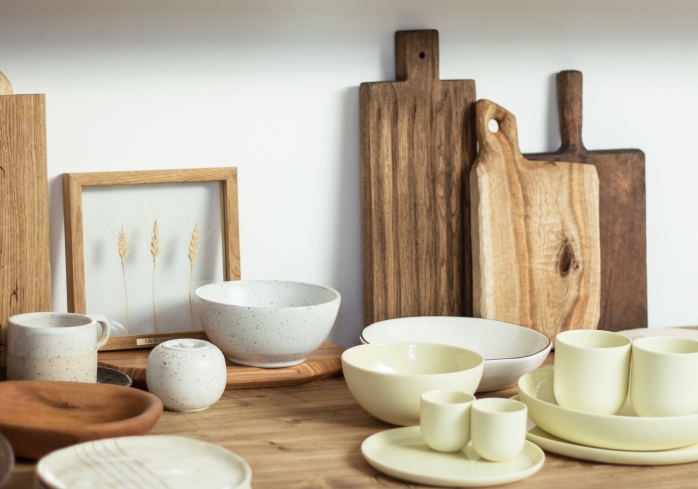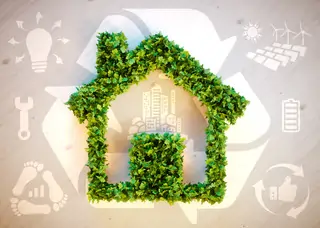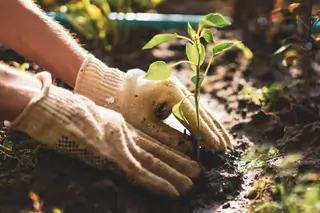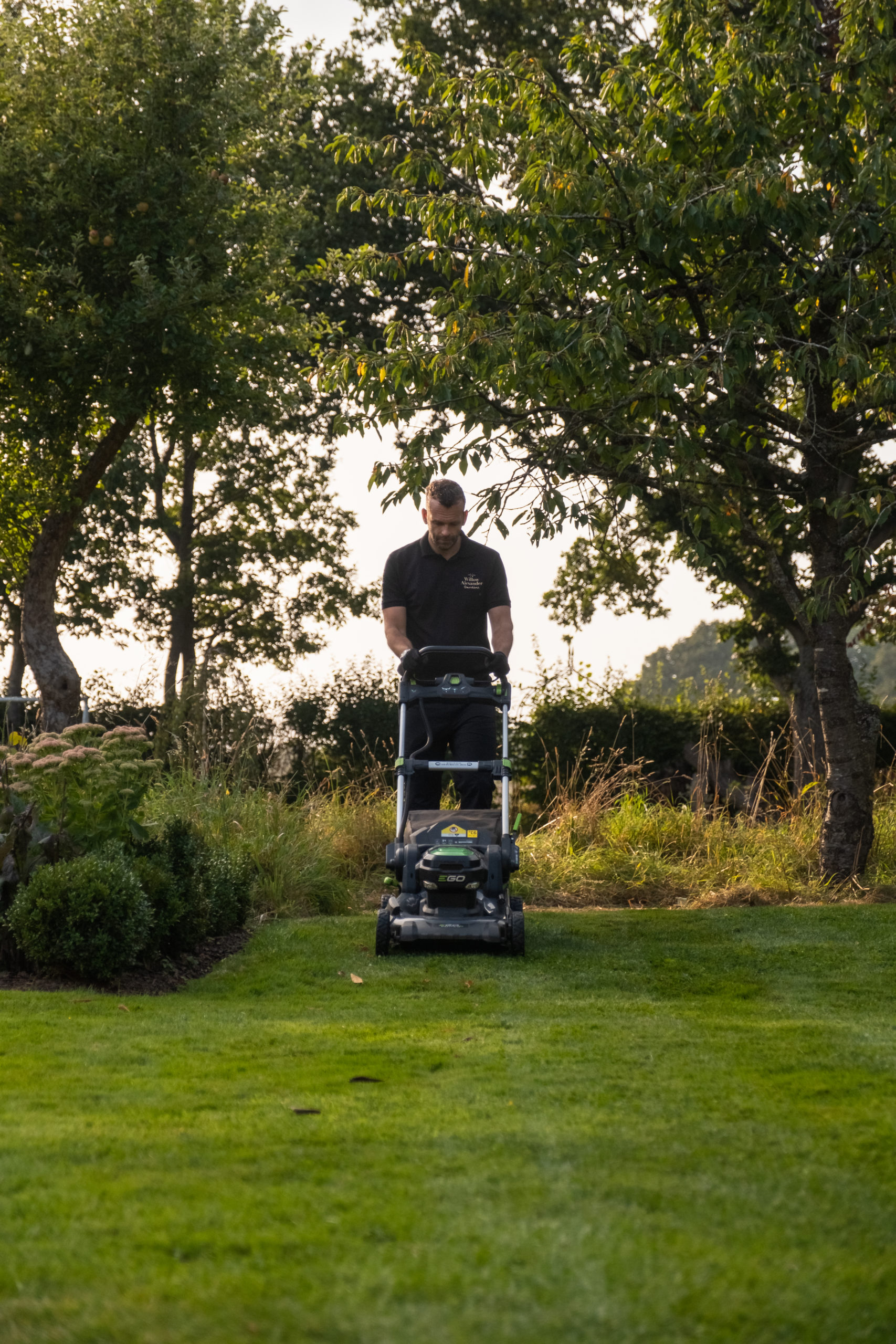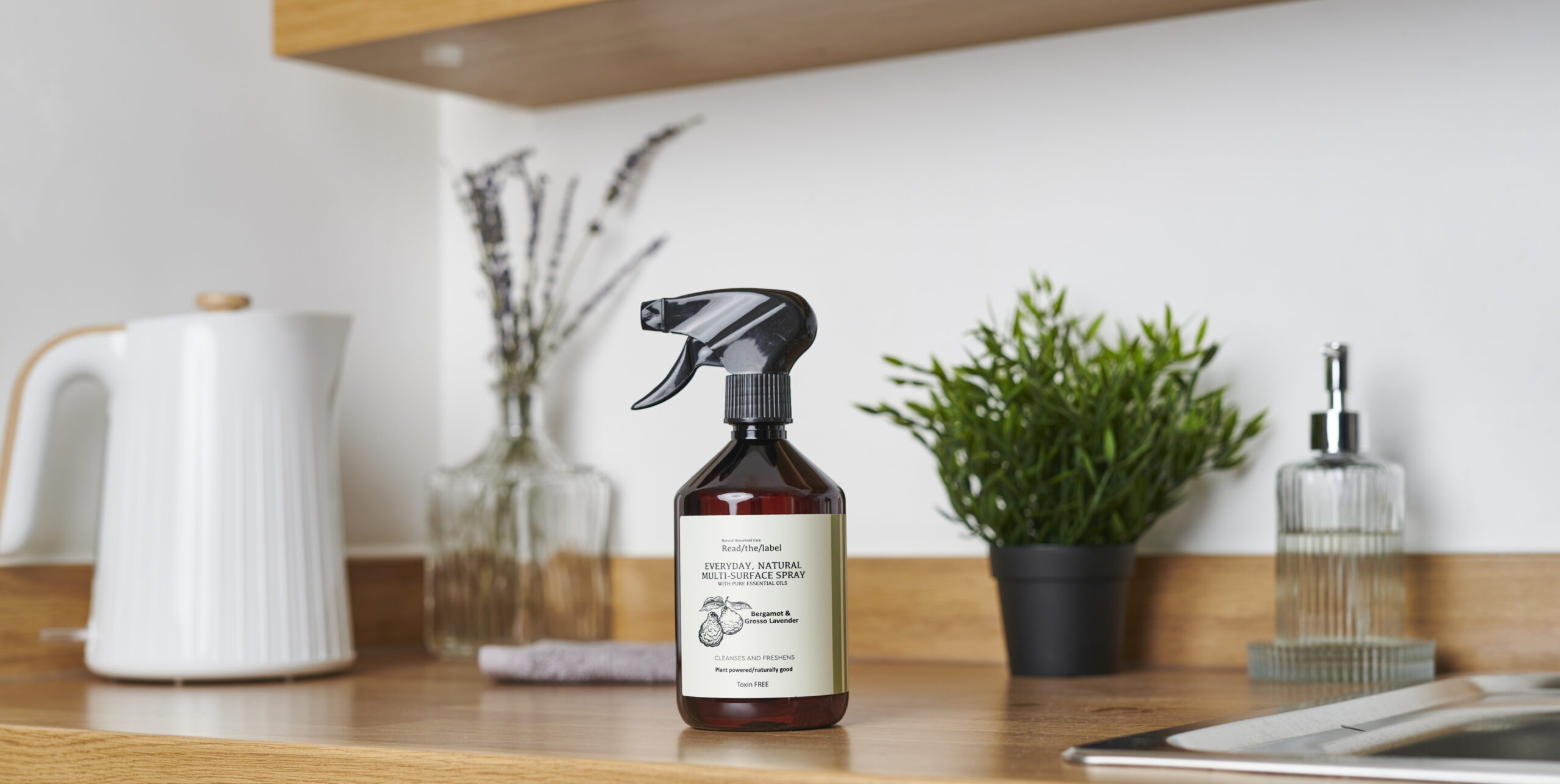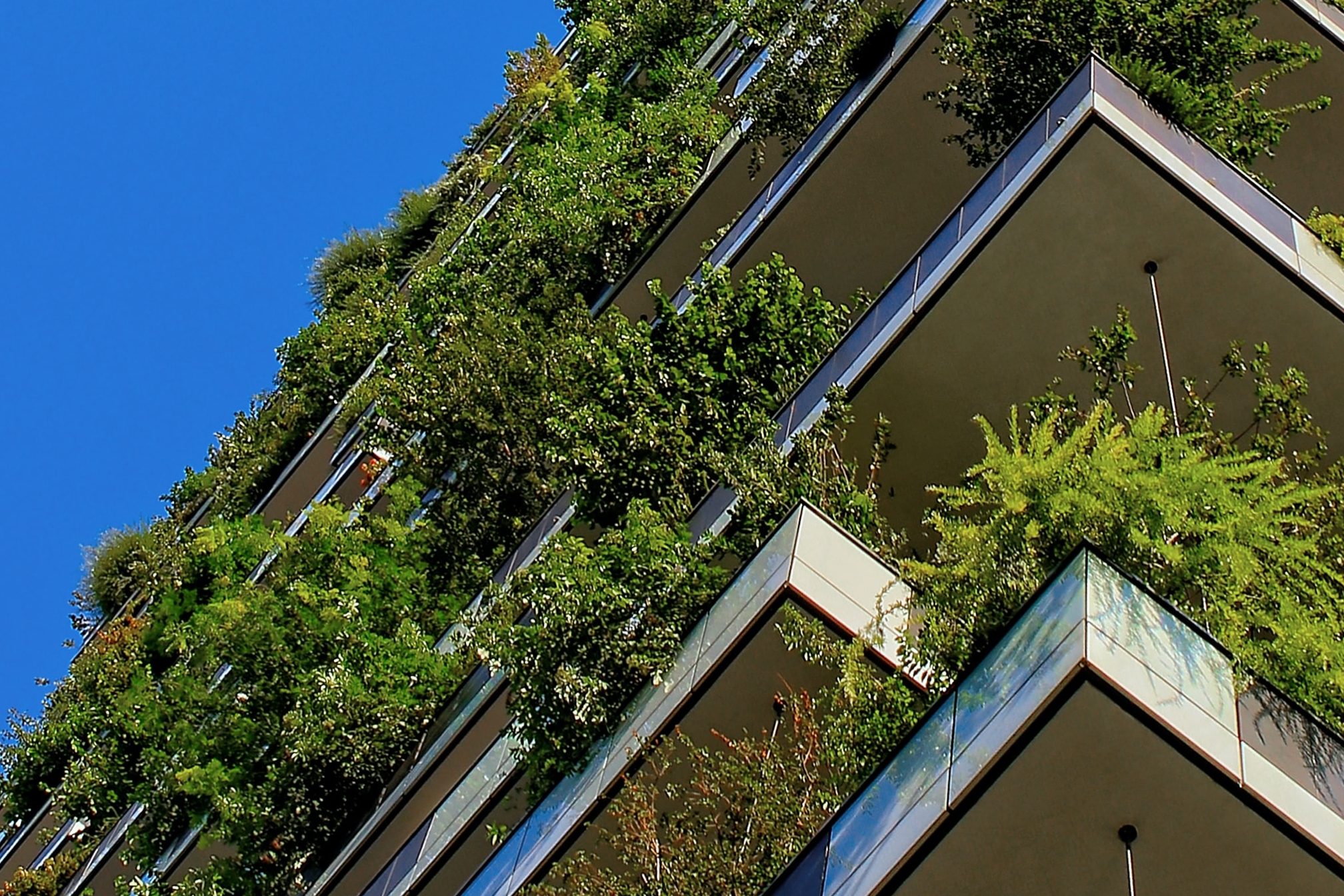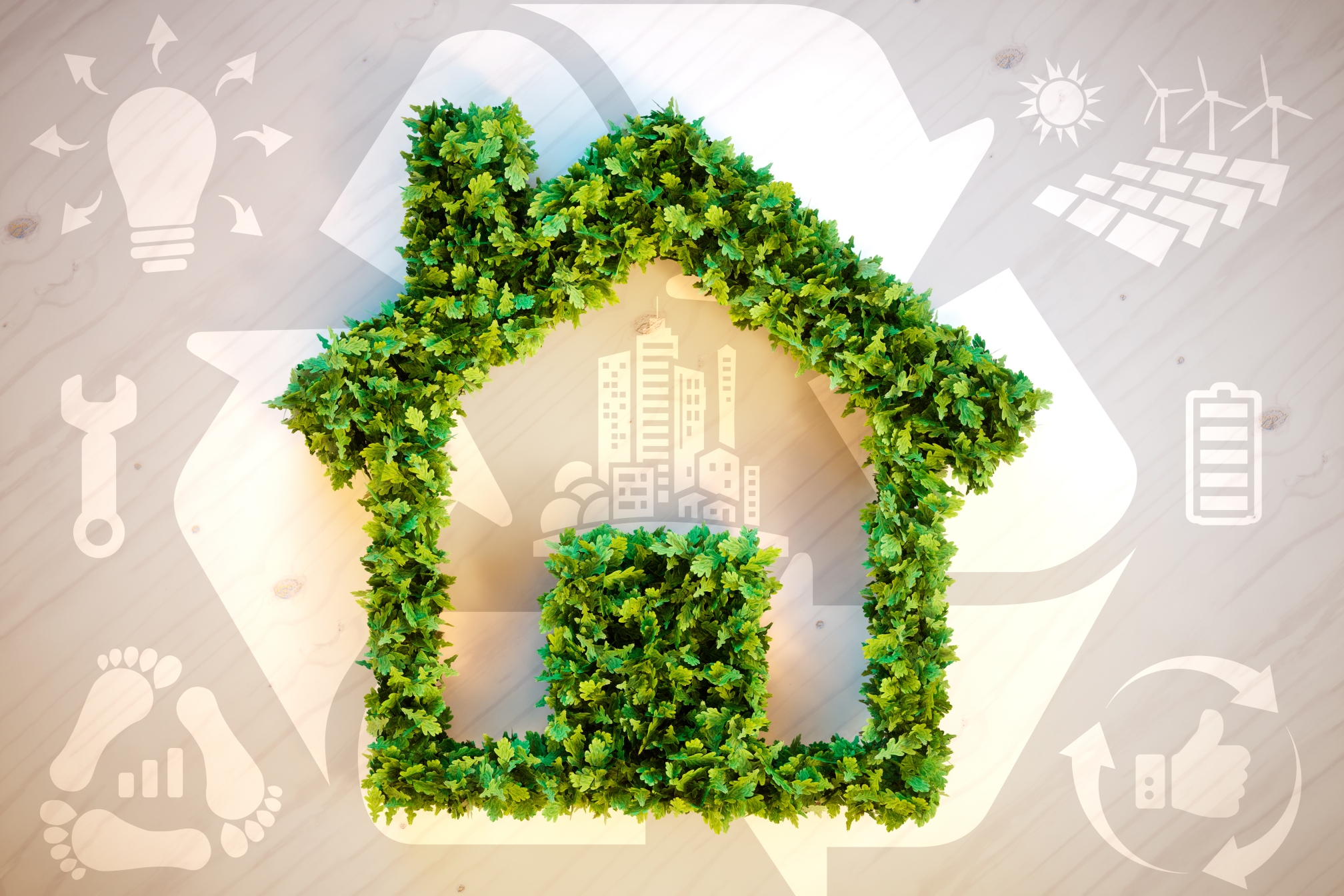This website uses cookies so that we can provide you with the best user experience possible. Cookie information is stored in your browser and performs functions such as recognising you when you return to our website and helping our team to understand which sections of the website you find most interesting and useful.
Sustainability
There can be many benefits of a professional garden maintanence subscription, from simply saving yourself time, to increasing the curb appeal of your home. Have you been wondering if a garden maintanence service might be right for you? Keep reading to find out 5 benefits of a garden maintanence subscription... Save Yourself Time Keeping on top of your garden can involve a lot of time, energy and labour every week. It can also be a process that will take a bit of and trial and error if you aren’t already an expert. A professional garden maintenance subscription might be the perfect solution for you if you just can’t spare the extra hours a week yourself. Ensure Healthy Growth Gardening professionals will be able to bring a wealth of horticulture knowledge that will hugely benefit your outside space. Regular upkeep will ensure plants are growing well, free of pests, diseases and mould and can be treated by your maintenance team immediately if found to stop spread or further damage. Professional gardeners will trim and shape your lawn and hedges at the correct time to ensure optimal growth. Increase Curb Appeal Potential buyers look at many things when viewing a property, but a well maintained garden can be the difference between a sale or a deal breaker. A neglected outdoor space might tempt a buyer to make a lower offer on the basis that it will cost them to renovate, or possibly even put them off the sale completely. Keeping a well maintained garden can be very beneficial in the future should you ever come to sell your property. Control Weeds When left to their own devices, weeds can completely take control of a garden, and become quite unmanageable. Certain weeds need careful and regular maintenance to keep...
There are so many small changes we can make in our daily routines to be kinder to our planet. A perfect place to start is in our own homes and trying to be greener in the way we clean. Plastic products, harsh cleaners, and single use items not only impact the planet but can also be less kind to your home and those in it. Keep reading for our green tips, sustainable swaps, and gentle alternatives to incorporate into your home cleaning routine. Switch to Natural Products Swapping out harsh cleaning chemicals for eco-friendly ones is not only better for the earth, but for your family and home too. We recommend using natural, non-toxic cleaning supplies, that are eco-friendly and multi-use. Even better if they’re refillable too, which further helps to reduce waste. We love Miniml’s Anti-Bac Surface Cleaner as an excellent all-rounder! Out with Everyday Kitchen Towels There are so many alternatives to regular paper towels now, its really about finding your personal preference! Switch to reusable cloths that you can wash and re-use, or if you still like a traditional paper sheet, try opting for a sustainable alternative like Who Gives a Crap Forest Friendly Paper Towels. Eco-Friendly Laundry Laundry detergents do not have to be artificially coloured or scented to do the job. There are many natural alternatives out there that are so much better for the planet, your clothes, and your skin. Look for laundry products that are naturally scented and free from artificial dyes, such as Vanilla Blanc’s Natural Laundry Liquid which contains organic essential oils eucalyptus dives and geranium for a natural, gentle, fresh smelling wash that also helps aid your overall wellbeing. Repurpose Household Items Old toothbrushes are perfect for scrubbing small, hard to reach areas. Socks with holes...
Hot on the heels of the hottest day EVER in the UK (topping 40.3°C in Lincolnshire) it’s no surprise that we have a water shortage. It may seem like nothing new. Hosepipe bans are a pretty standard part of the British summer. But usually we wonder why, when it rains for so much of the year. This year I don’t think anyone can question the cause. While it’s nice not to need a backup plan for every outdoor event this summer, these long and extreme spikes in heat are becoming more common. The Environment Agency has said that we could face chronic water shortages within 25 years. Even now, the south-east has less clean water per person than Sudan or Egypt. How much water do you use? Apparently 46% of people think their household uses under 20 litres of water a day – that’s about the amount you’d use taking a 2-minute shower. In reality, the average is more like 150 litres per person and the government needs us to cut this down to 110 litres by 2030. To get a better idea of how much you use water companies like Thames Water have online water saving calculators. After a quick survey you can find out roughly what you’re using but also what you could save. All you need to do is follow some simple water saving tips. Water saving tips Tip #1: Bath v shower The endless debate! Usually a 5-minute shower uses around a third of the water of a bath. That’s unless you have a power shower and enjoy a 20+ minute session! If you’re on the fence, run a quick test where you have a shower with the plug in and see which uses more for you. And if you’re a committed bath soaker, consider switching...
It’s hard to be a climate denier these days. We can see it all around us – extreme temperatures, freak weather, changes in nature patterns and new species making our home their home (hello stink bugs and Asian hornets…). Back in 1979, that’s over 40 years ago now, the First Climate Change Conference called on governments ‘to foresee and prevent potential man-made changes in climate’. Fast forward to 2021 and the United Nations Intergovernmental Panel on Climate Change (IPCC) issued a report stating that humanity is ‘unequivocally’ to blame for rising temperatures. So what have WE been doing wrong? Well, everything really. Driving cars and heating our homes using fossil fuels, eating exotic foods that are transported across the world, fuelling the fast fashion economy that promotes a throw-away culture and generally living in a more-is-more world. Industries have responded to support this explosion of consumerism with far reaching consequences, something put into perspective by the same IPCC report: The past decade was likely hotter than any period in the last 125,000 years Combustion and deforestation have raised carbon dioxide levels in the atmosphere to their highest point in 2 million years Agriculture and fossil fuels have contributed to methane and nitrous oxide levels higher than any point in at least 800,000 years Carbon dioxide, methane and nitrous oxide are all Greenhouse Gases at the root of the problem. When released into the atmosphere these gases act like glass in a greenhouse trapping the sun’s heat and stopping it from leaking back into space. The earth begins to get warmer – by 1°C since 1990 - and if we don’t limit this warming to 1.5°C we will hit the ‘point of no return’. The science is unquestionable and quite frankly terrifying, and yet the most important thing is that the...
Did you see the amazing scenes of rainforests, waterfalls and wildlife being projected onto Buckingham Palace as part of the Queen’s Platinum Jubilee celebrations? Did it make you wonder whether you could be doing more to help prevent climate change? Would it surprise you to know that in the UK 40% of carbon emissions actually come from our homes? Now we don’t all have the spare cash to buy an electric car or install a ground source heat pump overnight but there are plenty of simple changes we can all make in our day to day lives that will make a difference. And if we all make small changes, collectively they become significant. Here are 10 ideas that will help your home run more efficiently. Some can be made today. Some you can switch up as something needs replacing. Others require a longer-term commitment to develop new habits. And the best bit…most of them are either free or will save you money. 1. REDUCE YOUR ‘PHANTOM LOAD’. Think of all the gadgets and appliances you have plugged in, humming away on standby just waiting to be used. We’re talking computers, TVs, games consoles, radios, printers, microwaves, kettles, toasters, electric heaters and adaptors, not to mention chargers for phones, laptops, smart watches, cordless vacuums…the list goes on. It’s estimated that we each have around 40 of these in our homes, all using energy even when they’re idling. Known as phantom load or vampire energy, this can account for up to 23% of our monthly household power consumption and potentially 1% of global emissions. To put this in perspective aviation counts for 5%. As energy prices rocket, you could be saving anywhere between £140 and £450 a year simply by switching things off at the plug. 2. LEARN TO COUNT FROM 1...
Our Values + Our Story
We are certified carbon neutral
Become part of the Willow Alexander Family
Become a franchisee



